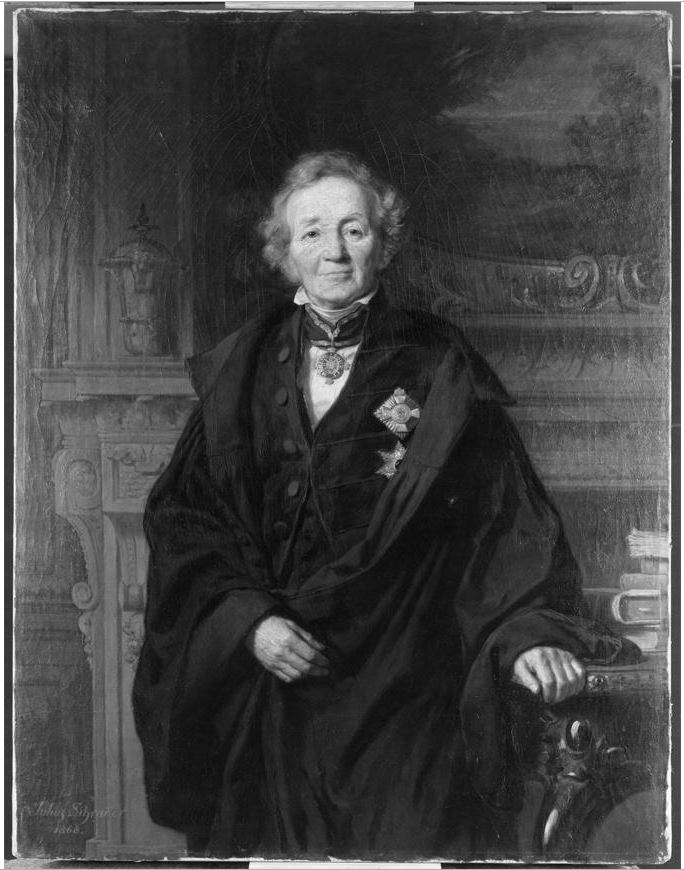Main Content
Lesson 1: What is Historical Media Literacy?
- First Page
- Previous Page
- 3
- 4
- 5
- Next Page
- Last Page
History as a Scientific Discipline

It was not until the 19th century, after modern science spread across Western universities, that many people began to think history could be a scientific study of what actually happened in the past. The German scholar Leopold von Ranke, widely considered to be a founder of the modern historical discipline, said he was inspired to study history by discovering that Walter Scott’s novels had historical inaccuracies. History as a scientific discipline and historical fiction have been influencing each other for centuries now.
Historically Oriented Media
Mass media of the 20th and 21st centuries are new technologies for depicting the past, but they inherit the legacies of historical storytelling. What distinguishes modern historically oriented media from fantasy is that they are based, to some degree, on a known event or setting in the past, which gives them a greater sense of authenticity or realism. At the same time, like the historical novels that came before, historically oriented media also are based in creative imagination necessary to provide a complete story that includes visual details, full motivations, and satisfying conclusions which may not be available to an academic historical account. If there is not enough evidence to understand details of events or a person’s motivations in the past, academic history admits uncertainty and may only offer guesses. Only rarely do historically oriented media leave events or motivations uncertain (or offer multiple possibilities of what could have happened). When media face historical uncertainties, gaps in detail, or unsatisfying outcomes, they can turn to storytelling imagination to invent (or replace) details—and this is virtually demanded by modern audiences who expect a complete and satisfying narrative story. Imagination is absolutely essential so long as it doesn’t totally undermine the feeling of authenticity that gives historically oriented media more importance or legitimacy than pure fantasy.
Impact on Teachers and Students
How teachers and students can be prepared to deal what it means to “tell the truth” about history given the nature and influence of historically oriented media will be an implicit theme explored in the rest of the class. Our goal is to develop methods to take advantage of the sensory and emotive power of media in support of responsible and rigorous history education. The challenge isn’t simple or easy, but hopefully you will find it exciting, intriguing, and worth joining this class for the journey.
- First Page
- Previous Page
- 3
- 4
- 5
- Next Page
- Last Page
